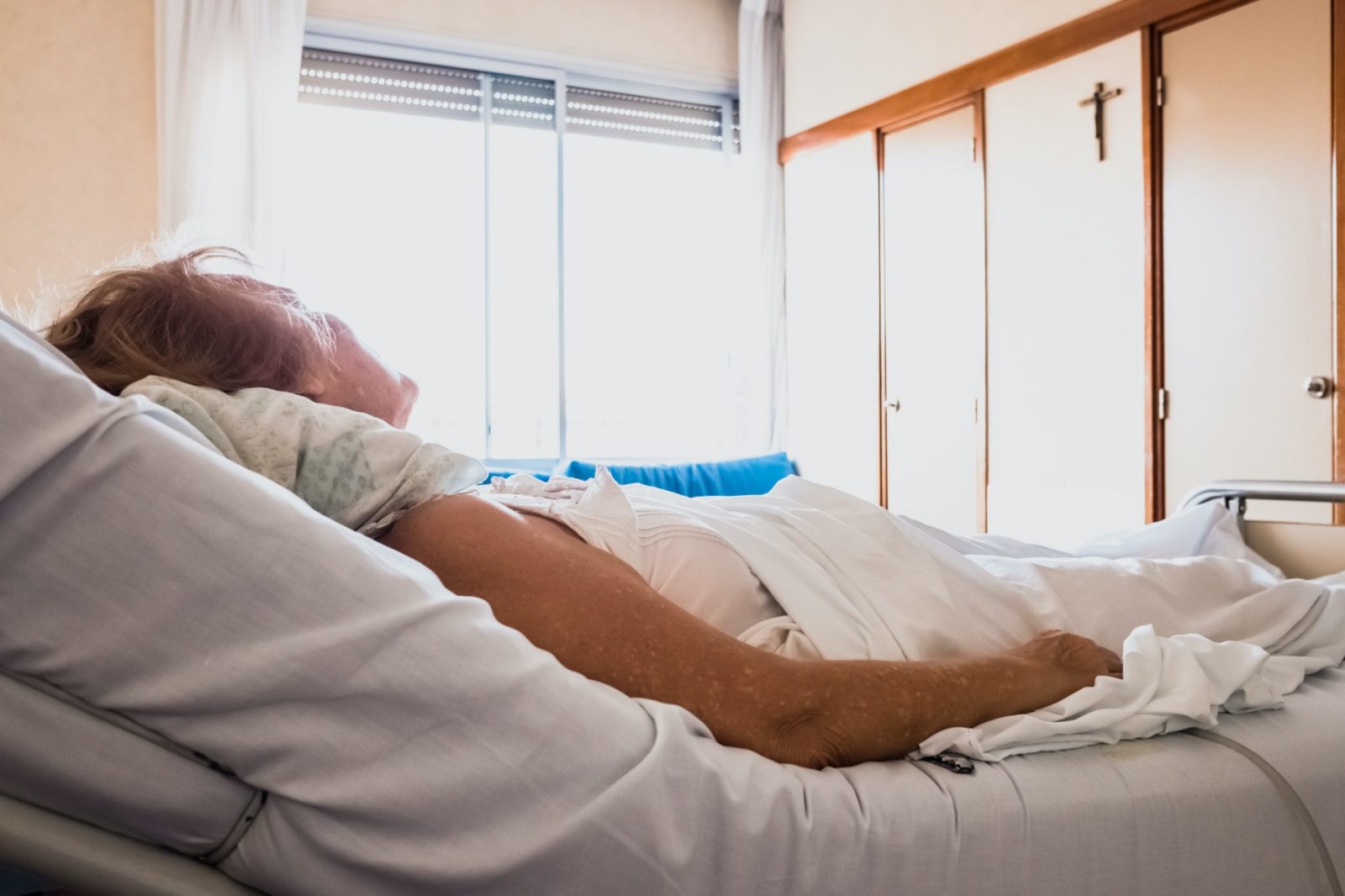No to Killing for Organs
Originally published at HumanizeThe shortage of organs for transplantation is threatening to unleash immoral and unethical remedies. A terrible story out of Belgium illustrates the peril. A 16-year-old girl with a brain tumor asked to be euthanized and have her organs harvested. Sixteen! Doctors agreed. She was sedated and intubated in an ICU for 36 hours so that her organs could be “examined”—which probably meant imaging and blood tests. She was then euthanized and her organs procured.
Three points. First, this was a minor terrified of decline who stated that by donating organs she believed she could do some good. But for that option, she might not have made that decision.
Second, as far as we know, the girl wasn’t provided suicide prevention services nor assured that palliative care could alleviate her symptoms.
Third, the lengthy sedation and intubation to which she was subjected were not for her benefit, but to allow her organs to be tested and find compatible recipients. In other words, at least in some sense, once the girl asked to donate her organs, her body parts became more important than her life.
Conjoining euthanasia with organ harvesting is a growing phenomenon in Belgium and the Netherlands. These countries don’t require that the patient/donor be terminally ill. Indeed, in both, the mentally ill qualify for medicalized killing—meaning that people who would not die for many years are euthanized in hospitals and then stripped of their organs.
Our closest cultural cousins in Canada—which legalized euthanasia in 2016—have traveled even further down the same utilitarian highway. If an Ontarian patient is accepted to receive a lethal injection—and again, that person need not be terminally ill, and, starting next year, may be mentally ill—the organization that oversees organ donation (Trillium) must be informed so that its representative can contact the soon-to-be-dead person and ask for his or her liver, kidneys, pancreas, lungs, and heart.
It’s worth noting that such patients aren’t referred to mental health professionals to deter their suicides. The clear message this policy thus sends to suicidal ill and disabled Canadians—with the active support of the organ transplant community—is that their deaths have greater value to Canada than their lives. The abandonment has become so crass that euthanasia has been described in Canadian media as a “boon” to organ donation.
The danger of killing for organs isn’t restricted to countries where euthanasia is legal. Currently, efforts are underway by the Uniform Law Commission to redefine “brain death,” possibly toward allowing more organs to be procured than under current procedures. (Whether brain death is truly death is a subject for a different column.) This redefining process engaged in has broken down for now. But that impasse shouldn’t allow us to rest easy. The internationally influential Princeton utilitarian philosopher and bioethicist Peter Singer has just written a column published throughout the world advocating that donors should not have to be biologically deceased to be harvested.
Indeed, Mr. Singer advocates killing for organs. “When is it justifiable to end a human life?” he asks. His answer: “What determines whether it is justifiable to regard the life of a person as having ended is the irrevocable loss of consciousness: Once that has occurred, the person whom family and friends knew and loved has gone forever.”
But such people aren’t cadavers! They’re patients! That’s both basic biology and fundamental to medical ethics.
Mr. Singer (and many other bioethicists who have similarly opined) would unscientifically redefine death from a biological state of nonbeing into a sociological status of lesser value, equivalent to “as good as dead,” thereby dehumanizing unquestionably living people. Even more perilously, his proposal would establish in law the pernicious principle that there’s such a thing as a life not worth living. History amply tells us the acute dangers of such thinking.
Besides, it’s not as if we can ever know for sure who is beyond consciousness. Stories of seemingly unaware patients “waking up” unexpectedly are ubiquitous. Moreover, people thought to be unconscious are often awake and aware but unable to communicate. Indeed, recent studies show that perhaps 20 percent of people thought to be unconscious are actually awake. As the examinations of this phenomenon progress and cognition tests become more sophisticated, that percentage could grow—meaning that even if one accepts Mr. Singer’s toxic prescription, people who wouldn’t qualify for killing and harvesting could be subjected to an awful fate.
And it wouldn’t stop there. Once we established the principle that some living people can be killed for their organs, the harvestable categories would surely expand over time. We need only look at the history of the assisted suicide/euthanasia movement to see how that process works. Euthanasia/assisted suicide, we were told, would be strictly limited to the dying. But over time, the categories expanded in some places well beyond the terminally ill. And even in U.S. states that still have such a limitation, laws have been loosened to make an increasing number of people eligible to be made dead.
Finally, we can’t discuss killing for organs without noting the crimes against humanity ongoing in China, where Falun Gong practitioners and other political prisoners are harvested to supply the country’s pernicious black market in human organs. The West may never go that far, but dehumanizing patients so that we can obtain their organs would expose the devalued to a similarly deadly dehumanization.
Here’s the bottom line: The public’s faith in transplant medicine depends on maintaining the highest ethical standards. I can’t think of a surer way to undermine that support than to permit killing for organs. Because if people ever believe that the transplant community supports procuring vital organs from the living, the entire sector could face a collapse in public confidence—meaning that there would not be more organs available for transplant, but fewer. That would be a catastrophe from which the sector would never recover.
